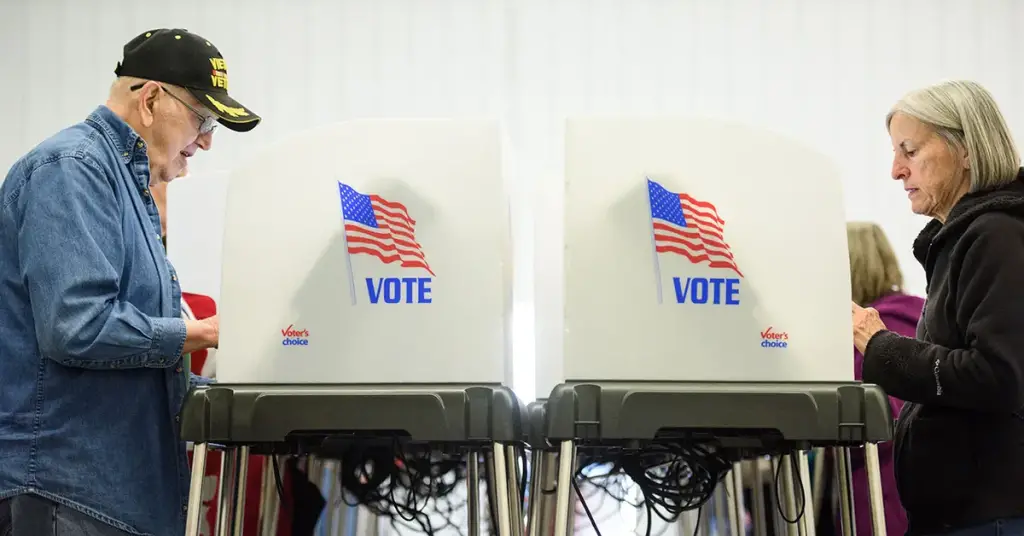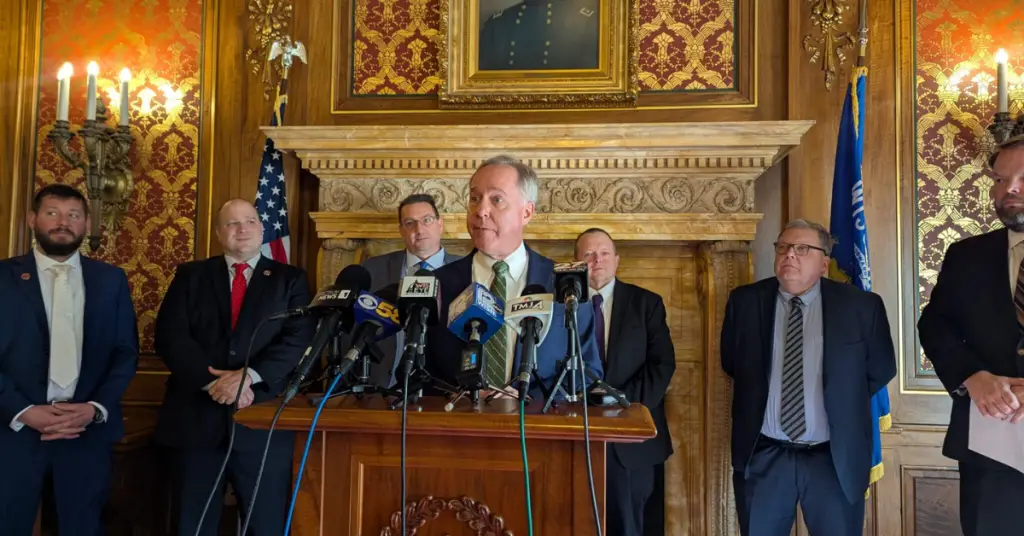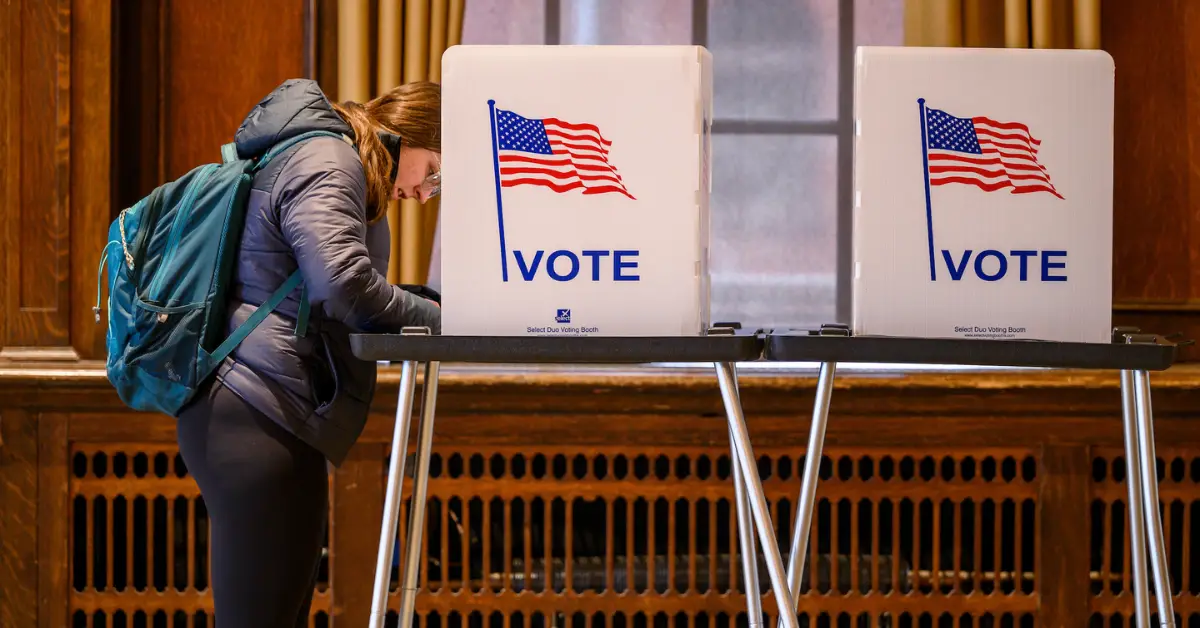The NCSL also reports that 36 states require some form of identification for voters, whether photo IDs or other types of identification. This indicates that voter ID laws have become a standard feature in many states, although the specific requirements and enforcement practices vary widely from state to state. Wisconsin’s decision to enshrine its voter ID law in the constitution places the state at the forefront of the ongoing debate over election security and voter access.
The passage of the voter ID law amendment in Wisconsin represents a broader national conversation about the balance between ensuring election security and ensuring that every eligible citizen has access to vote. Election security remains a hot-button issue, particularly after the 2020 presidential election, when many Republicans raised concerns about the integrity of the voting process.

Supporters of voter ID laws argue that these measures are necessary to prevent fraud and ensure that elections are fair and transparent. On the other hand, opponents say that these laws disproportionately affect marginalized communities, making it more difficult for some people to vote.
Wisconsin’s decision to enshrine its voter ID law in the state constitution may set a precedent for other states considering similar measures. As election security remains a priority for many lawmakers, other states may look to Wisconsin’s actions as a model for strengthening their own election laws.

The debate over voter ID laws is unlikely to end anytime soon, and Wisconsin’s move could influence discussions on how to ensure both the security and accessibility of elections in the future.
Wisconsin voters have spoken, and their decision to enshrine the state’s voter ID law in the constitution is a significant step in securing the integrity of future elections. While the law’s passage has been celebrated by Republicans and supporters of stricter election regulations, it has also sparked concerns about voter disenfranchisement and the potential for unequal enforcement.
Regardless of one’s position on the issue, the approval of this constitutional amendment marks an important moment in Wisconsin’s political history and sets the stage for future debates about election security and voter access across the United States.
Disclaimer: This article has been meticulously fact-checked by our team to ensure accuracy and uphold transparency. We strive to deliver trustworthy and dependable content to our readers.




